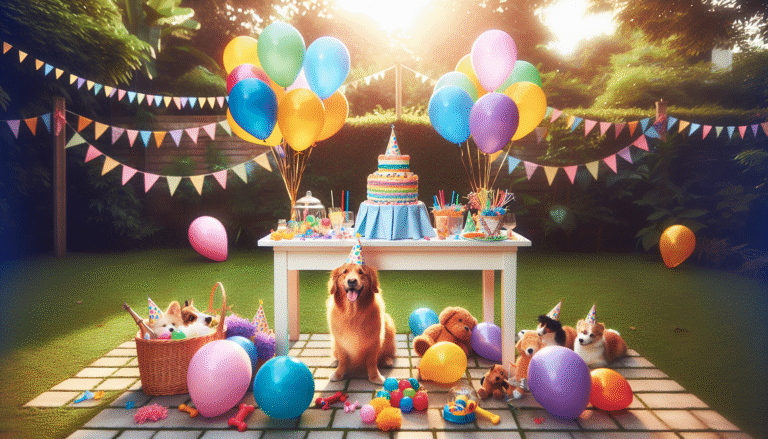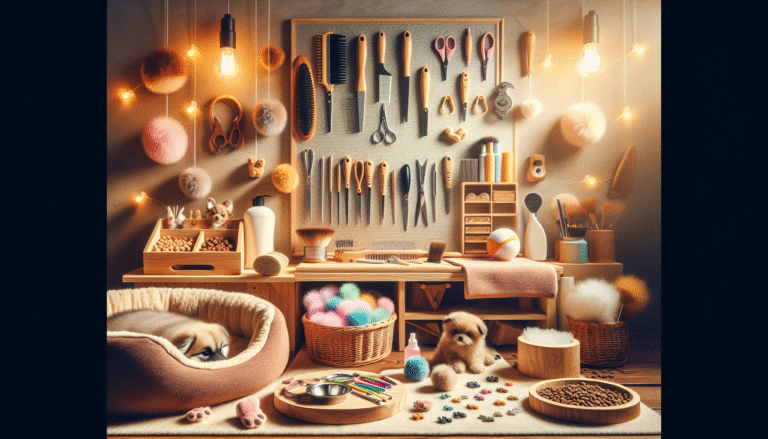What if the cleaning products you use daily could be harmful to your furry friends? Protecting your pets while keeping your home clean is essential, and understanding which cleaning products to avoid is the first step. Let’s break down the cleaning products that can pose risks to your pets and discover safer alternatives.
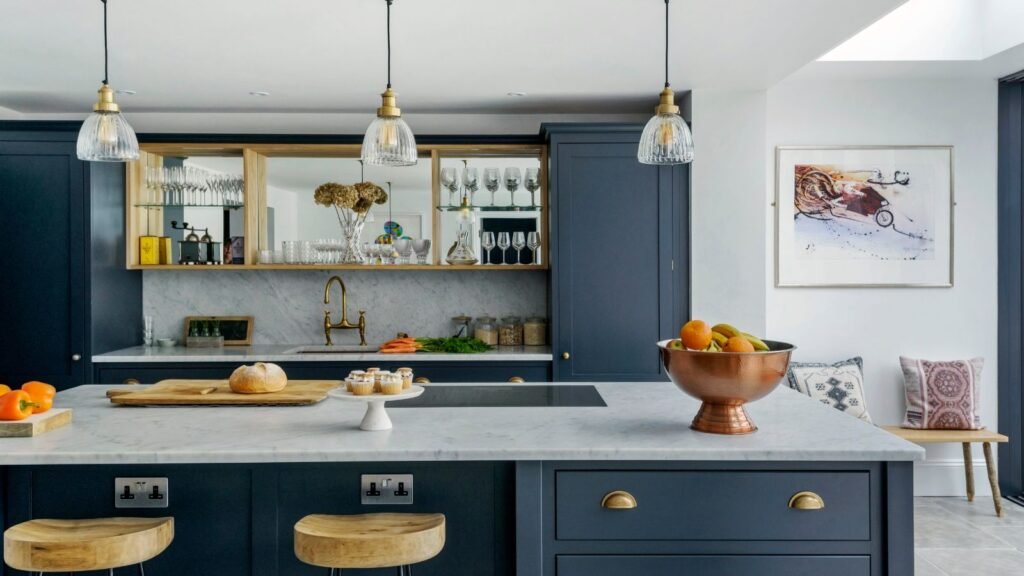
This image is property of cdn.mos.cms.futurecdn.net.
Bleach
Bleach is one of those products that can seem like a miracle solution for disinfecting surfaces. However, it comes with significant risks for your pets.
Risks Associated with Bleach
- Irritation and Burns: Bleach can irritate your pet’s skin and mucous membranes. Ingesting even a small amount can cause burns in their mouth and throat, which can be very painful and may require veterinary attention.
- Respiratory Issues: The fumes released by bleach can lead to serious respiratory issues for pets. Considering their sensitive noses and lungs, exposure can result in coughing, choking, or even more severe complications.
Alternative Solutions
Instead of reaching for bleach, consider these pet-safe cleaning options:
- Diluted Dish Soap: A mixture of warm water and a few drops of dish soap can effectively clean surfaces without the harshness of bleach.
- Pet-safe Enzymatic Cleaners: These cleaners break down stains and odors without harmful chemicals.
- Vinegar: This natural cleaner is excellent at cutting through grime and disinfecting surfaces.
- Hydrogen Peroxide: At a low concentration, it can be used safely as a disinfectant.
Phenol-based Disinfectants
You might be surprised to learn that many common disinfectants contain phenols, which are toxic for pets, especially cats.
Risks Associated with Phenol-based Disinfectants
- Toxicity: Phenol exposure can lead to severe health issues including vomiting, diarrhea, and liver damage in cats. Dogs are also at risk.
- Residue: Many phenol-based products leave a harmful residue on surfaces, which can be ingested by your pets as they lick their paws or surfaces around your home.
Alternative Solutions
Instead of using phenol-based products, consider these safer cleaning options:
- Hydrogen Peroxide-based Cleaners: They offer disinfecting properties and are generally safer for pets when used correctly.
- Castile Soap: This plant-based soap is not only safe for the environment but also effective for cleaning various surfaces.
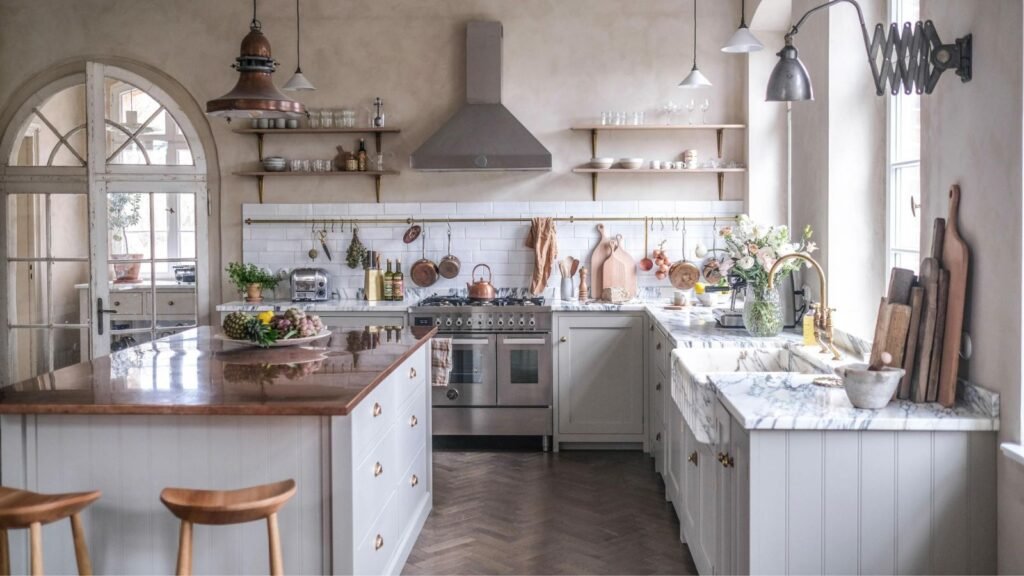
This image is property of cdn.mos.cms.futurecdn.net.
Essential Oils
Essential oils have gained popularity for their pleasant scents and purported health benefits, but they can be quite toxic to pets.
Risks Associated with Essential Oils
- Toxic Concentration: Certain essential oils, such as tea tree, eucalyptus, and lavender, can cause nausea, vomiting, or lethargy in pets, especially when used in concentrated forms.
- Skin Sensitivity: Pets can have adverse reactions to essential oils applied to their skin or fur, leading to irritation or allergic reactions.
Alternative Solutions
To keep your home smelling fresh without the risk of harming your pets, consider using:
- Apple Cider Vinegar: A mixture of vinegar and water can work wonders in deodorizing spaces without risking your pet’s health.
Toilet Bowl Cleaners
Cleaning a toilet isn’t the most glamorous task, but using the right cleaner is crucial, especially when you have pets roaming the house.
Risks Associated with Toilet Bowl Cleaners
- Harsh Chemicals: Many toilet bowl cleaners contain strong acids and chemicals that can cause severe burns if ingested or when a pet makes contact with a cleaned surface.
- Ingestion Risk: Pets can accidentally ingest these cleaners if they lick the toilet bowl, posing a serious health risk.
Alternative Solutions
For a safer toilet cleaning experience, try these options:
- Pet-friendly Cleaners: Look for cleaners that explicitly state they are safe for pets.
- Baking Soda and Vinegar: A combination of these two can effectively clean your toilet without exposure to harmful chemicals.
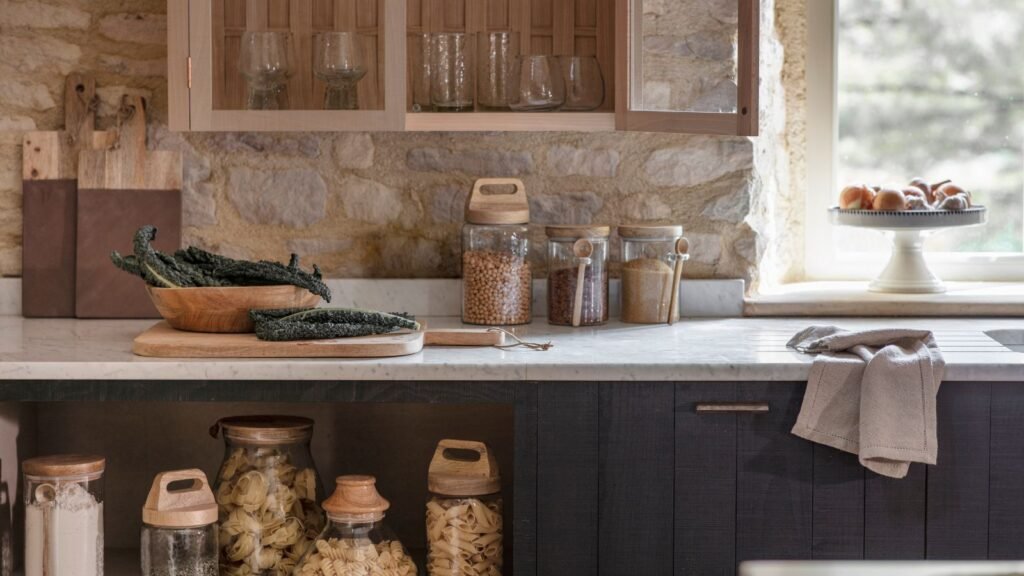
This image is property of cdn.mos.cms.futurecdn.net.
Carpet and Upholstery Cleaners
Keeping your carpets and upholstery clean is important, yet many cleaning products available in the market can be harmful to your pets.
Risks Associated with Carpet and Upholstery Cleaners
- Harmful Chemicals: Many commercial carpet cleaners contain toxic chemicals that can contribute to respiratory illness or skin irritations in pets.
- Lingering Residue: Products that are not properly rinsed or dried can leave behind a residue that pets can easily contact or ingest.
Alternative Solutions
To clean your carpets safely, here are some suggestions:
- Non-toxic, Plant-based Solutions: Look for carpet cleaners with natural ingredients that are marked safe for your furry friends.
- Steam Cleaning: Using steam with water at high temperatures can disinfect and clean carpets without the need for chemicals.
General Advice for Pet Owners
Maintaining a clean home is essential, but safety should always come first for your pets.
Keeping Pets Safe During Cleaning
- Stay Away from Freshly Cleaned Areas: Always keep your pets away from areas that have been freshly cleaned until surfaces are completely dry. This will help prevent them from coming into contact with any remaining residues.
- Invest in Pet-safe Cleaning Products: Building a collection of pet-safe cleaning products can help you maintain a clean environment for both you and your pets without the worry of harmful chemicals.
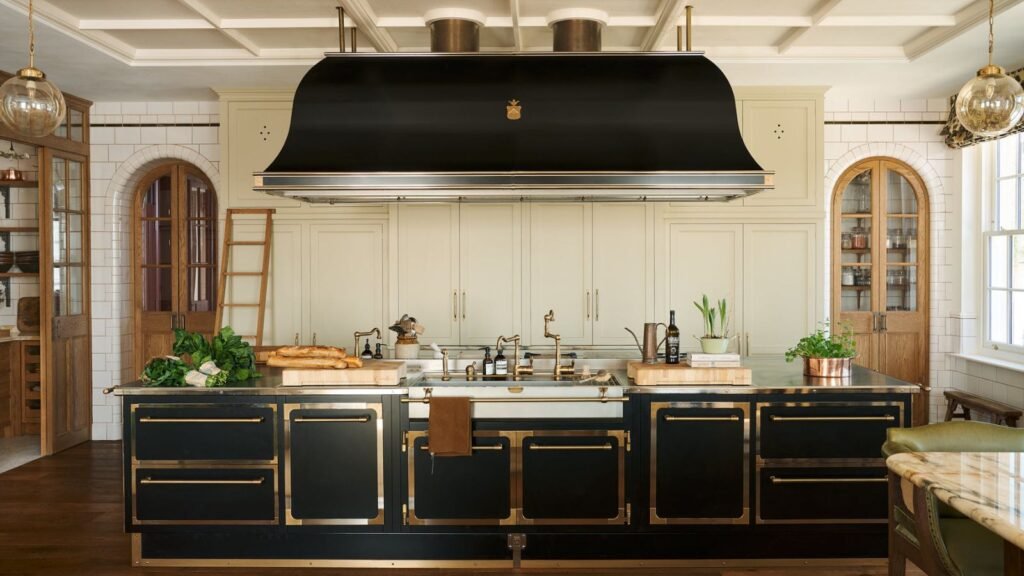
This image is property of cdn.mos.cms.futurecdn.net.
Wrapping Up
Creating a clean home environment should not come at the expense of your pet’s safety and health. By being aware of the cleaning products to avoid and opting for safer alternatives, you can keep your space tidy while ensuring your furry companions are safe and sound.
Cleanliness and pet safety can coexist. You just need to know what to watch out for and what safer options are available. Thanks for taking the time to learn more about how to keep your home clean without risking your beloved pets’ well-being! If you ever have concerns about a specific product, it’s always a great idea to consult with your vet. Your pets deserve the best care possible, and that includes a safe and clean living space.

